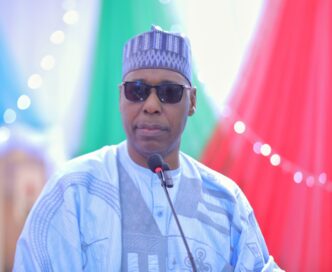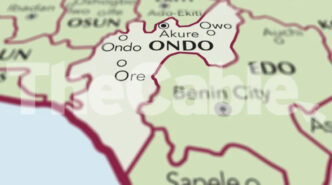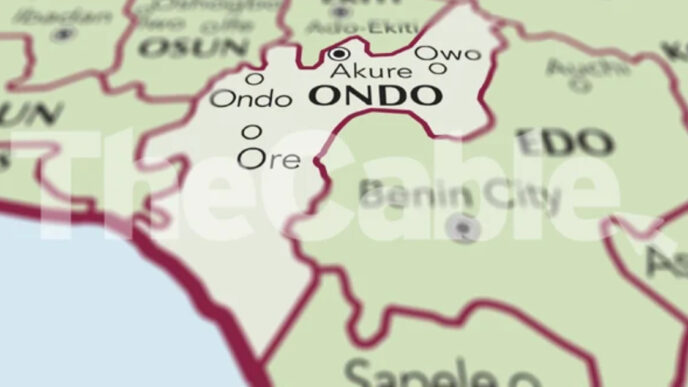The Nigeria Labour Congress (NLC) has opposed the newly approved National Industrial Relations Policy (NIRP), describing it as a federal government strategy aimed at criminalising strike actions and weakening trade unions.
Gatekeepers News reports that the policy was approved on July 31 during a Federal Executive Council (FEC) meeting chaired by President Bola Tinubu.
According to Mohammed Idris, Minister of Information and National Orientation, the NIRP is intended to reduce industrial disputes and promote harmonious labour relations.
He noted that the framework would guide interactions between trade unions, employers, and government agencies, while also aligning Nigeria’s labour practices with international standards.
In response, NLC President Joe Ajaero, in a statement on Saturday, condemned the policy, calling it “shocking and unacceptable.”
He said, “We are in shock that from a catalogue of hundreds of workplace issues contained in the National Industrial Relations Policy, the federal government singled out industrial strikes as its headache.”
He expressed concern over the government’s priorities, arguing that the statement accompanying the policy reveals a disregard for the interests of ordinary workers.
Ajaero revealed that during the drafting process, there were attempts to introduce provisions that would criminalise strike actions. These proposals, he said, were rejected by representatives of trade unions, employers, and the labour ministry.
He further stressed that such provisions are inconsistent with the 1999 Constitution and the Trade Unions Act, which protect workers’ rights to organise and withdraw their labour when necessary.
The NLC president added, “The right of a worker and trade unions to withdraw their services is fundamental and inalienable.”
He affirmed that the NLC and the organised Labour in Nigeria condemn and reject the policy, asserting that it lacks constitutional grounding and conflicts with existing labour laws.
The NLC president assured that the union remains committed to safeguarding the rights and freedoms of Nigerian workers against any policy that undermines their interests.












